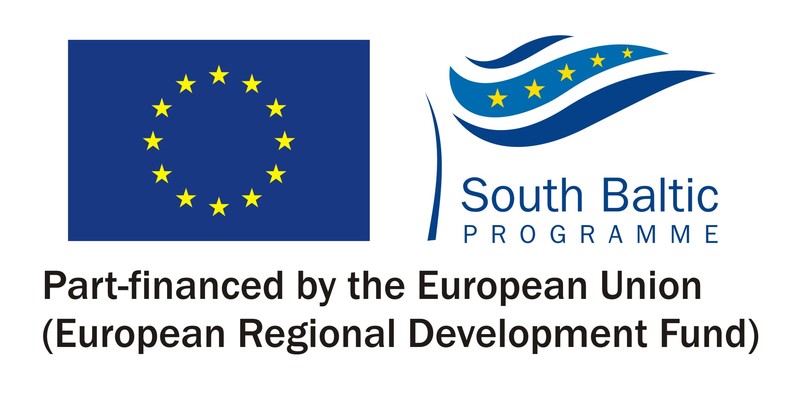CoBiUM - Cargo bikes in urban mobility

Mittelgeber: Interreg South Baltic Programme 2014-2020
Laufzeit: 2018-2021
Leitung: Prof. Dr. Wilhelm Steingrube
Bearbeitung: Dr. Kristin Ramthun
Lead Partner: City of Växjö
Kooperationspartner:
- Danish Cycling Tourism
- University of Greifswald
- City of Slupsk
- City of Gdynia
- Energy Agency for Southeast Sweden
Projektbeschreibung
CoBiUM aims at reducing the number of fossil-fuelled vehicles in urban mobility in the partner cities by promoting cargo bikes as transportation alternative. Short distances in the urban environment are ideal for shifting trips from car to bike. For distances up to 5 kilometres the readiness of people to use their (non-electric) bike is highest. With pedelecs this distance goes up to 15-20 kilometres. We assume that these numbers do not differ for cargo bikes; the problem is rather that cargo bikes are not very well known and considered to be something very special and not for ordinary use. Through pilot applications, communication and campaigning CoBiUM wants to contribute to a better knowledge about cargo bikes and effectively an increased use among the different target groups.
CoBiUM will focus on three thematic areas: private users, municipal services and business logistics and offer innovative and sustainable solutions, helping municipalities in the South Baltic area to integrate cargo bikes into their urban mobility concepts.
CoBiUM aims to reduce car-traffic and parking pressure in urban areas – relieving roads, making them safer and creating new space, reduce air pollution and noise emissions and as a consequence improve the quality of living in Baltic cities. At a higher level the reduction of greenhouse gas emissions is a strategic objective of this project. In CoBiUM six partners from four countries comes together in joint cross-border efforts to improve the quality and environmental sustainability of transport services in the South Baltic area.
